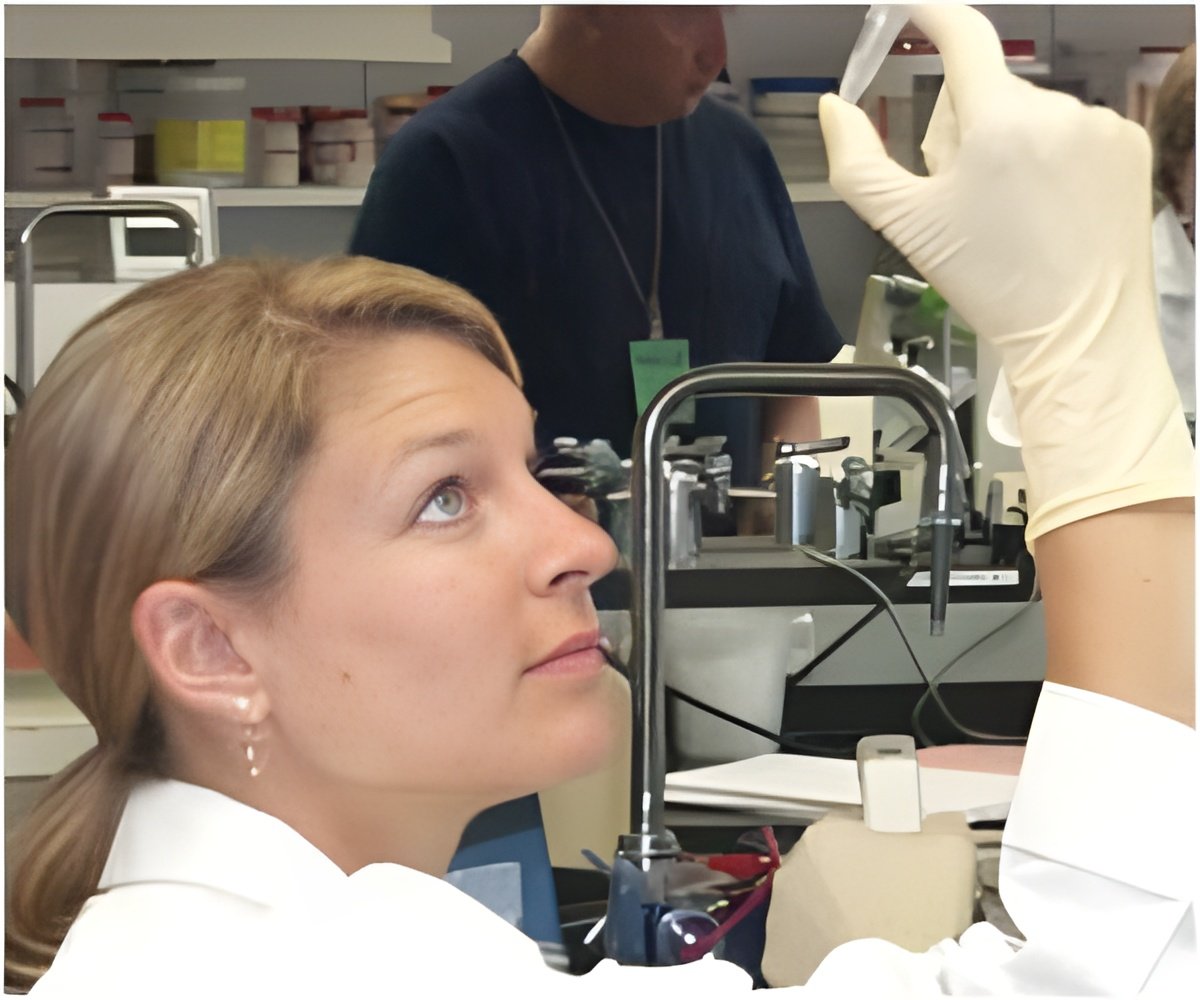
"Instead of regulating drug prices in an already highly competitive market where prices are already amongst the lowest in the world, the government must ensure there is no monopolies but free competition in life-saving drugs segment," he added.
In his annual address to the shareholders, Hamied said India is regarded as the pharmacy of the world.
Pharma exports have risen from USD 100 million in 1980 to USD 15 billion in 2014 and the target for 2025 is USD 25 billion, he said.
Hamied further said that the country has the largest number of US FDA approved factories than any other country.
In the US alone, Indian pharma companies have a 30-40 percent share of the total generics market. Apart from traditional generics, our capabilities now extend to complex drugs and newer delivery systems in many areas such as oncology, respiratory and HIV/AIDS, he said.
Advertisement
Since there is intense competition in the domestic market, encouraging free competition is the only way to achieve availability of life-saving drugs and to ensure that prices remain low, he said.
Advertisement
"All the new drug developments have come in from the North, thanks to the patent protection for 20 years, and exclusivity. This leads to high monopolistic pricing throughout the world and thus unaffordability for the vast majority in the South," he said.
"The solution to this problem is a pragmatic, non-exclusive compulsory licensing system specifically for the developing world, for all newer patented drugs and their formulations," he said, adding that a reasonable royalty payment should be provided for the investor.
The developing world has to be viewed on humanitarian grounds as it requires access to medicines at affordable prices so that none shall be denied medication, Hamied said.
Source-PTI









